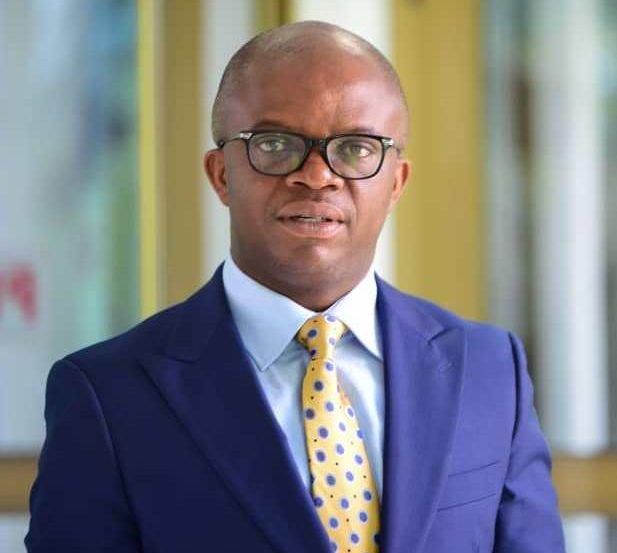In a recent troubling incident, Dr. Stephen Amoah, Ghana’s Deputy Minister of Finance and the Member of Parliament for Nhyiaeso, was involved in an altercation with a group of local youths who confronted him over an unmet financial pledge. Eyewitness accounts detailed that the confrontation took place after Amoah had allegedly promised to donate GHS 5,000 to the Unity and Love Family during a community event but failed to deliver. This perceived betrayal sparked resentment among the youths, who approached the MP to express their grievances. Tensions escalated when, amid a heated verbal exchange, one of the youths produced what appeared to be a toy gun, prompting Amoah to retrieve a real firearm from his vehicle, resulting in chaos.
The incident further intensified when Dr. Amoah attempted to give advice to the youths regarding drug use. His remarks were taken as a provocation by some, who subsequently raised concerns regarding an unfulfilled Astro turf project in their community. Eyewitnesses recounted how this commentary on drug use led to an eruption of threats and escalating tensions, culminating in the situation spiraling out of control. These interactions highlight the underlying issues of youth discontent and unmet expectations within the community, revealing a deeper rift between local leaders and their constituents.
In response to the escalating threat, Dr. Amoah justified his actions by claiming he was acting in self-defense. He further emphasized his belief that anyone in a similar position would have reacted similarly if a firearm were brandished at them, citing even Jesus Christ’s hypothetical response to a threat. His remarks ignite a broader dialogue about the responsibilities of public officials when faced with hostility and the potential dangers they face in their line of duty. The incident thus raises concerns about the safety of politicians and the tensions between legal authorities and the communities they serve.
Moreover, the altercation points toward a disturbing trend that has emerged in recent years regarding the possession and display of toy guns among youths in Ghana. Local authorities have recognized this escalating issue as a criminal offense, leading to a crackdown on those found guilty of illegally possessing or using such weapons. Reports revealed that 26 individuals had been arrested in a recent operation targeting the illegal use of toy guns, indicating that this is part of a larger problem requiring immediate attention from policymakers and community leaders.
The growing reliance on toy guns during youth confrontations reflects a significant cultural shift that raises questions about the role of violence in social interactions and the underlying resentments that drive such disputes. As tensions rise, the need for effective community engagement strategies becomes paramount to address issues of trust and accountability between politicians and constituents. This incident serves as a wake-up call, highlighting the urgent need for dialogue, conflict resolution mechanisms, and youth development programs that address the root causes of dissent.
In summary, the incident involving Dr. Amoah showcases the fragile relationship between public officials and the communities they serve and underscores the alarming trend of violence—both real and simulated—manifested through the possession of toy guns. As authorities contend with the implications of this event and public safety remains a top priority, it becomes crucial for community leaders, policymakers, and citizens to work collaboratively to foster a more constructive environment where grievances can be addressed without resorting to intimidation or violence. By understanding the underlying issues and creating positive avenues for dialogue, Ghana can better navigate the complexities of governance and community relations in today’s dynamic societal landscape.














